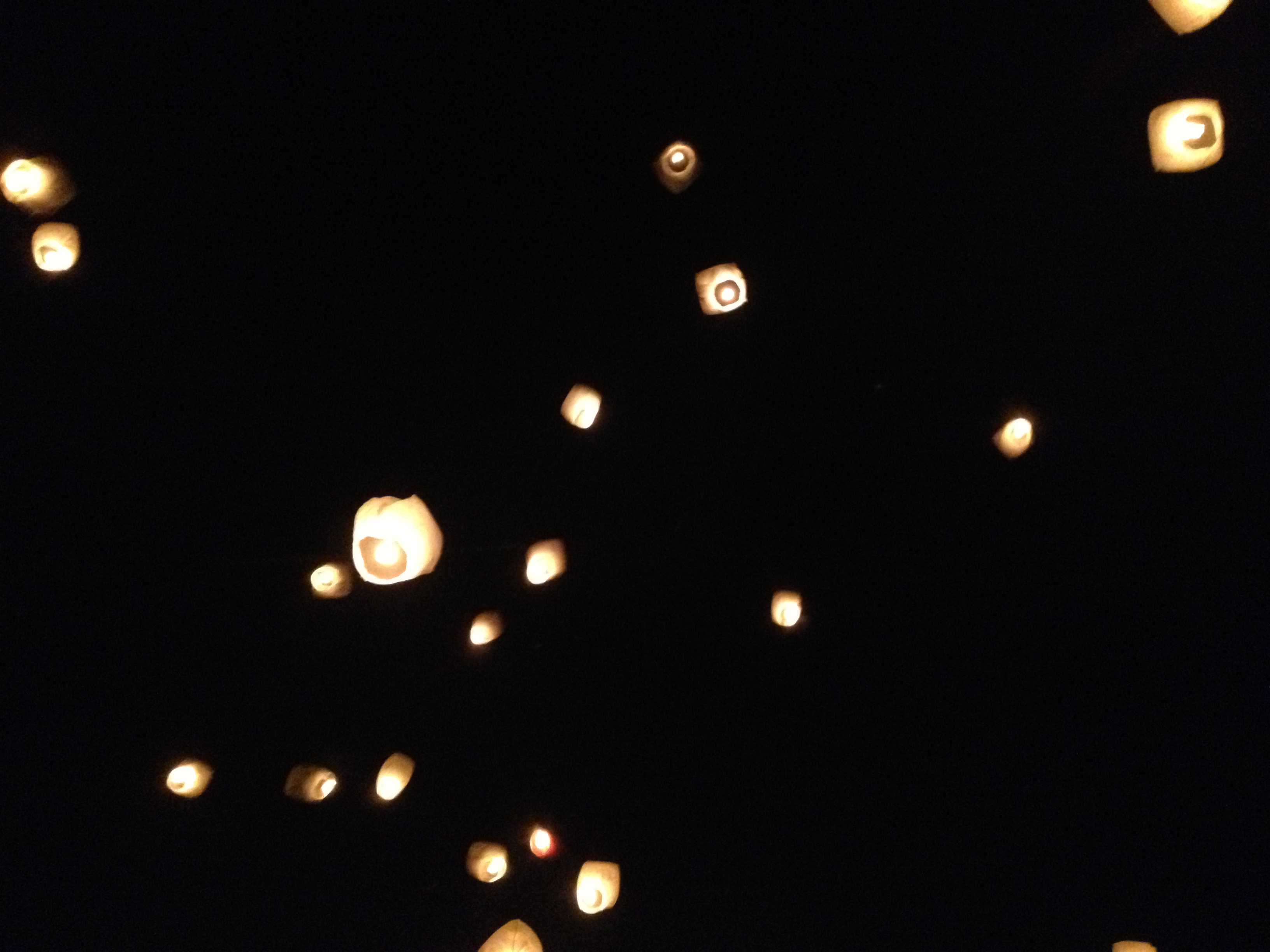First published on figmentsofimaginations.blogspot.dk, February 20th 2016 during thesis writing.
“The first four steps, in fact, revolve around getting to know people and building trust: Be helpful, be good neighbors, listen to the concerns of others. The activist’s religious identity is not revealed until step five and only then in a rudimentary fashion that avoids church questions and instead centers on generic religious discussions and values … In a similar fashion some Islamic activists, particularly jihadis, hide their movement identity, until after a personal relationship is developed. ” Quintan Wiktorowicz, Radical Islam Rising, 2005 p. 23.
As I am writing my thesis I came across this rather detailed description of how religious activists, through a development of personal relation, seeks to proselyte among strangers, in an attempt to gain followers. At first I found it kind of weird; So now I have to worry about the guy who pics up my wallet from the street and runs to me to hand it to me? Or the neighbour that knocks on my door with a piece of pie she made yesterday? Because they might be radicalised and before I know it I might be involved in some extreme activities? First, I came to realise that this method is not exclusively something “Islamic activists” do, everyone does it. Everyone should do it. Not necessarily with a hidden agenda. But, wouldn’t the world be a less lonely place if we were some who came out of our individualistic tendencies? Everyone needs someone to listen to one’s concerns. Relate. Everyone at some point in their lives needs a helping hand. Second, I became a little curious on how many ‘radicalised’ have actually been detected in the Danish society. An article recently revealed that the Danish Immigration Services received 5 notifications of coincidences of possible radicalised people. In 2015 an estimated number of over 21000 people sought asylum in Denmark (exact numbers: https://www.nyidanmark.dk/NR/rdonlyres/E3C50EA0-BD36-4DDD-9C8D7AAF44DE1F12/0/seneste_tal_udlaendingeeomraadet.pdf). Now, 5 coincidences are not a lot. Though, we may take into account that various de-radicalisation programs may have received some notifications as well, the next question is what here is meant by ‘radicalisation’? The usual definition contains a process where someone to a higher degree accepts violence in order to fulfil one’s political / ideological / religious goals. Now, does this person have to exercise violence? Can someone be referred to as radical just in terms of opinions? One’s execution of regular lifestile choices? Would someone choosing to live fully by the bible not also be called radical by the rest of the society if they did not live by this norm? And what exactly is wrong with having a radically different worldview as long as such worldview does not violently affect others? I understand that something needs to be done when it comes to preventing violence from being the choice of expression when someone wants to express themselves, but I find that radical way of living becomes dangerous in itself, without some perspective and without general knowledge about the different worldviews. Hypothetically, I guess the reason why Christianity in some contexts isn’t regarded as ‘dangerous’ in the Danish society, because Danes are aware and know to some extent of the religion and what it entails, naturally everything unknown becomes that dangerous thing out there in the dark. But maybe, instead of accusing someone for being ‘radical’ in its negative connotation, it is time to reach out and become acquainted with the different worldviews. What is the worse that could happen? Maybe you will get a knew friend? Maybe not? Under all circumstances, we are all free to express our opinions. Free to belief in anything we want. As long as that does not cause any harm to others’ rights? So lets all look over the hedge separating our gardens from the neighbours and say hello.
Let’s all be ‘radical’.

